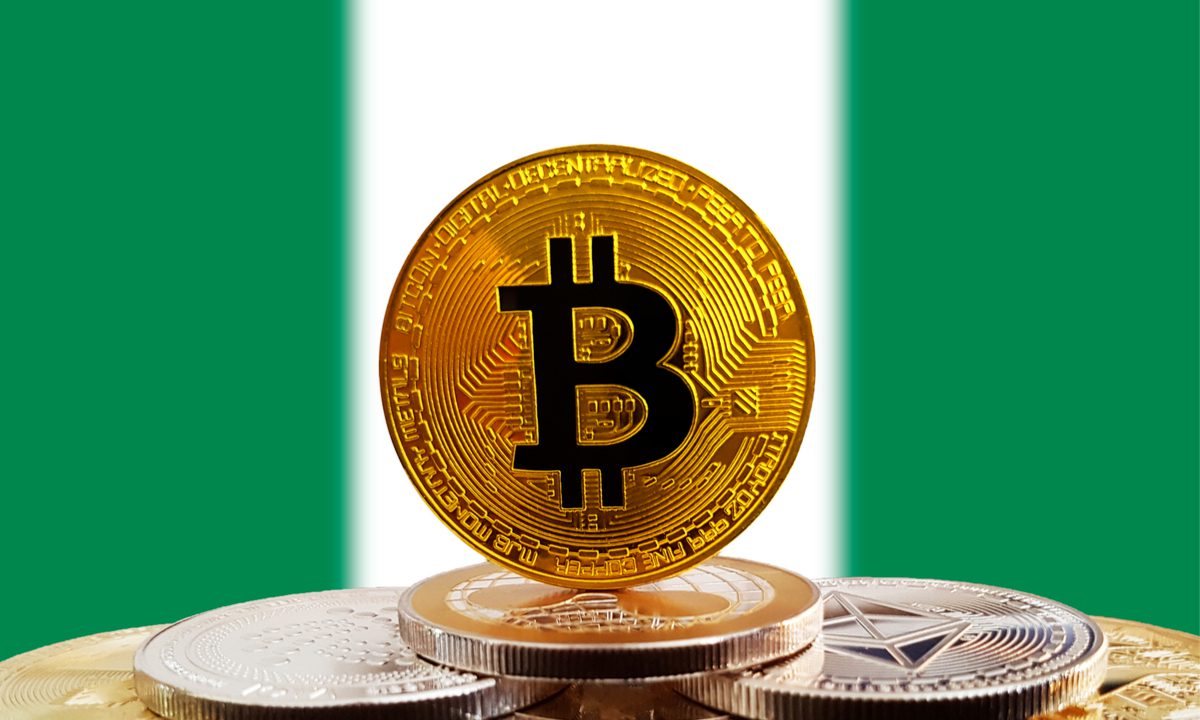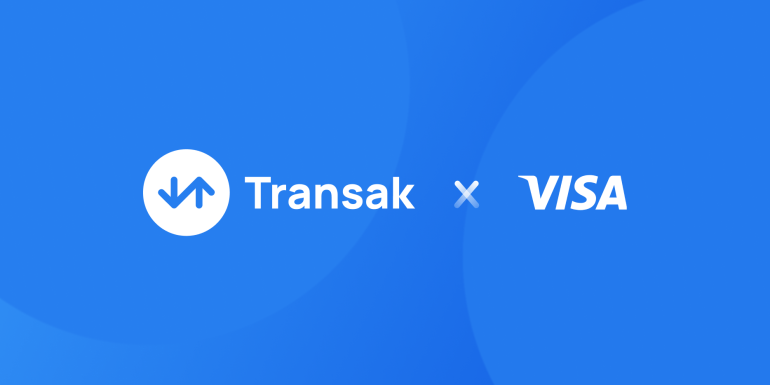
Nigeria’s Crypto Future: Regulation or Roadblock?
The International Monetary Fund (IMF) has ignited a debate in Nigeria’s burgeoning crypto space. Their recent recommendation for mandatory licensing of global cryptocurrency exchanges in Nigeria has drawn mixed reactions, with the CEO of NoOnes marketplace, Ray Youssef, expressing concerns about stifling innovation.
IMF Pushes for Regulatory Oversight
The IMF report highlights the rapid rise of foreign exchange (FX) trading platforms in Nigeria, raising concerns about potential threats to financial stability. They propose licensing global crypto exchanges operating within the country, subjecting them to existing regulatory frameworks for financial intermediaries.
The report further emphasizes the need for robust anti-money laundering (AML) and combating the financing of terrorism (CFT) controls on crypto platforms. Additionally, effective risk-based supervision of these platforms is deemed crucial.
Nigerian Authorities Acknowledge Pressure on FX Market
Nigerian authorities acknowledge the pressure illicit crypto activity is placing on the exchange rate. They’ve implemented stricter controls on crypto platforms and are enforcing existing FX regulations more stringently. This aligns with their focus on maintaining external stability.
Crypto Regulation in Africa: A Look at South Africa
South Africa serves as an example of a continental leader in crypto regulation. By licensing over 60 digital asset platforms, they’ve established themselves as a pioneer in mandatory permits for crypto exchanges.
Nigeria’s Crackdown on Crypto Activity
Nigeria has taken a more cautious approach. Here’s a breakdown of some key actions:
- Classification of Crypto as a National Security Issue: The Office of the National Security Adviser (ONSA) classified cryptocurrency trading as a national security concern due to Nigeria’s dominant share (66.8%) of Africa’s crypto interest.
- Central Bank Intervention: The Central Bank of Nigeria (CBN) directed fintech startups like Opay, Moniepoint, Paga, and Palmpay to block accounts associated with crypto transactions and report them to law enforcement.
- Binance P2P Suspension: Binance, a major crypto trading platform, disabled its peer-to-peer (P2P) feature for Nigerian users due to government scrutiny over alleged currency manipulation and money laundering.
- Securities and Exchange Commission (SEC) Proposal: The Nigerian SEC has proposed a new measure aiming to remove the Naira currency pair from cryptocurrency P2P platforms.
Nigeria’s Crypto Future: Balancing Growth and Regulation
Nigeria faces a critical juncture. Striking a balance between fostering innovation and ensuring financial stability through appropriate regulations will be paramount.
The coming months will be crucial as the country navigates this complex landscape, determining how crypto can integrate into its growing financial ecosystem.


